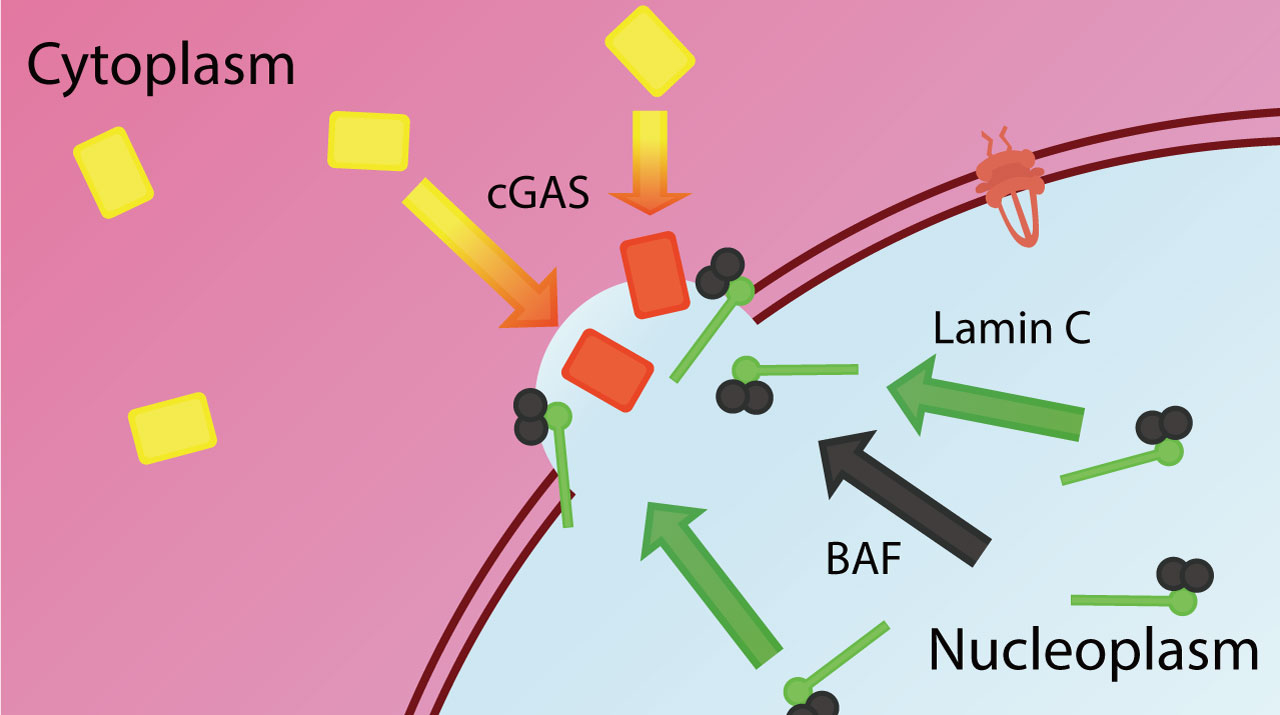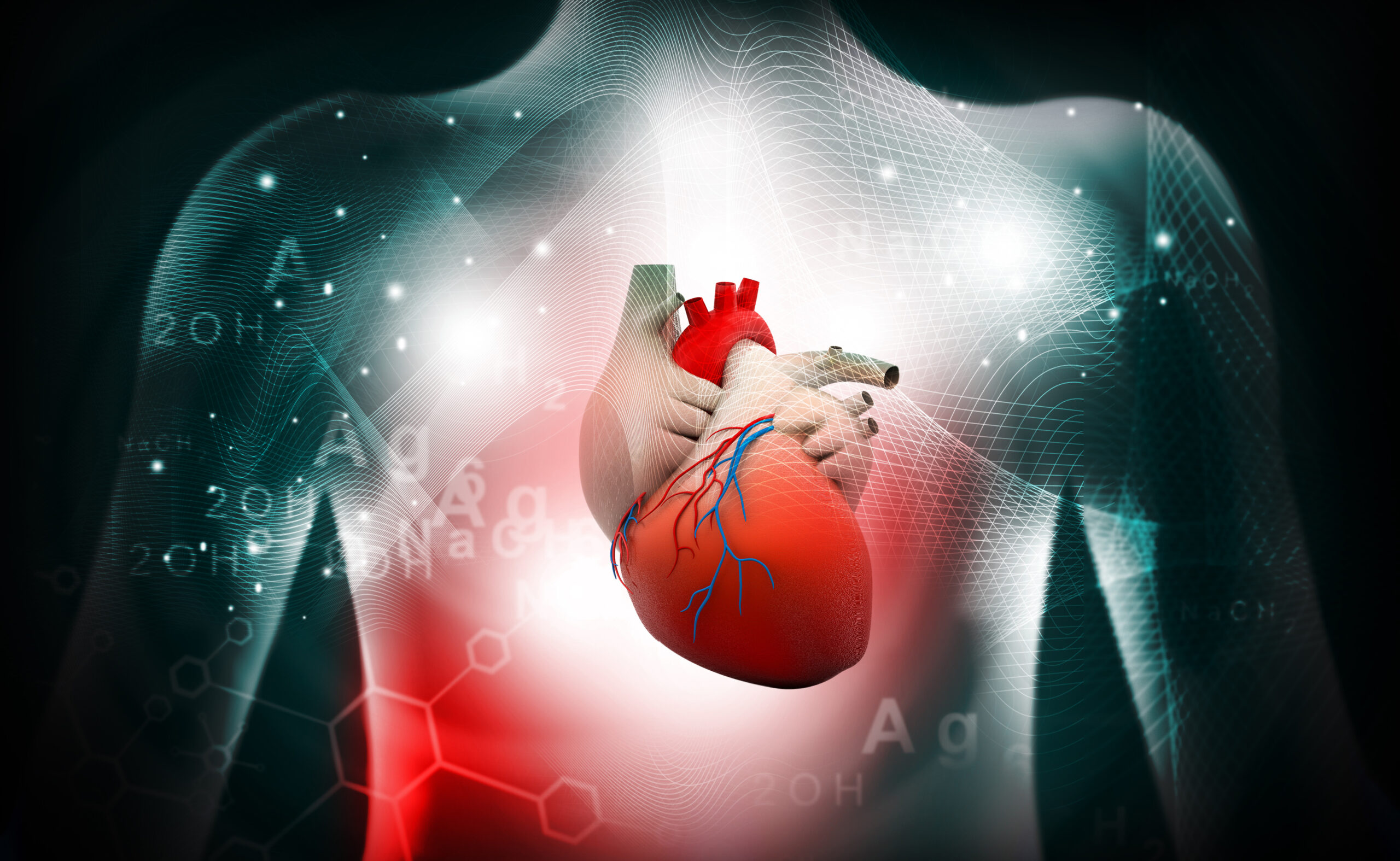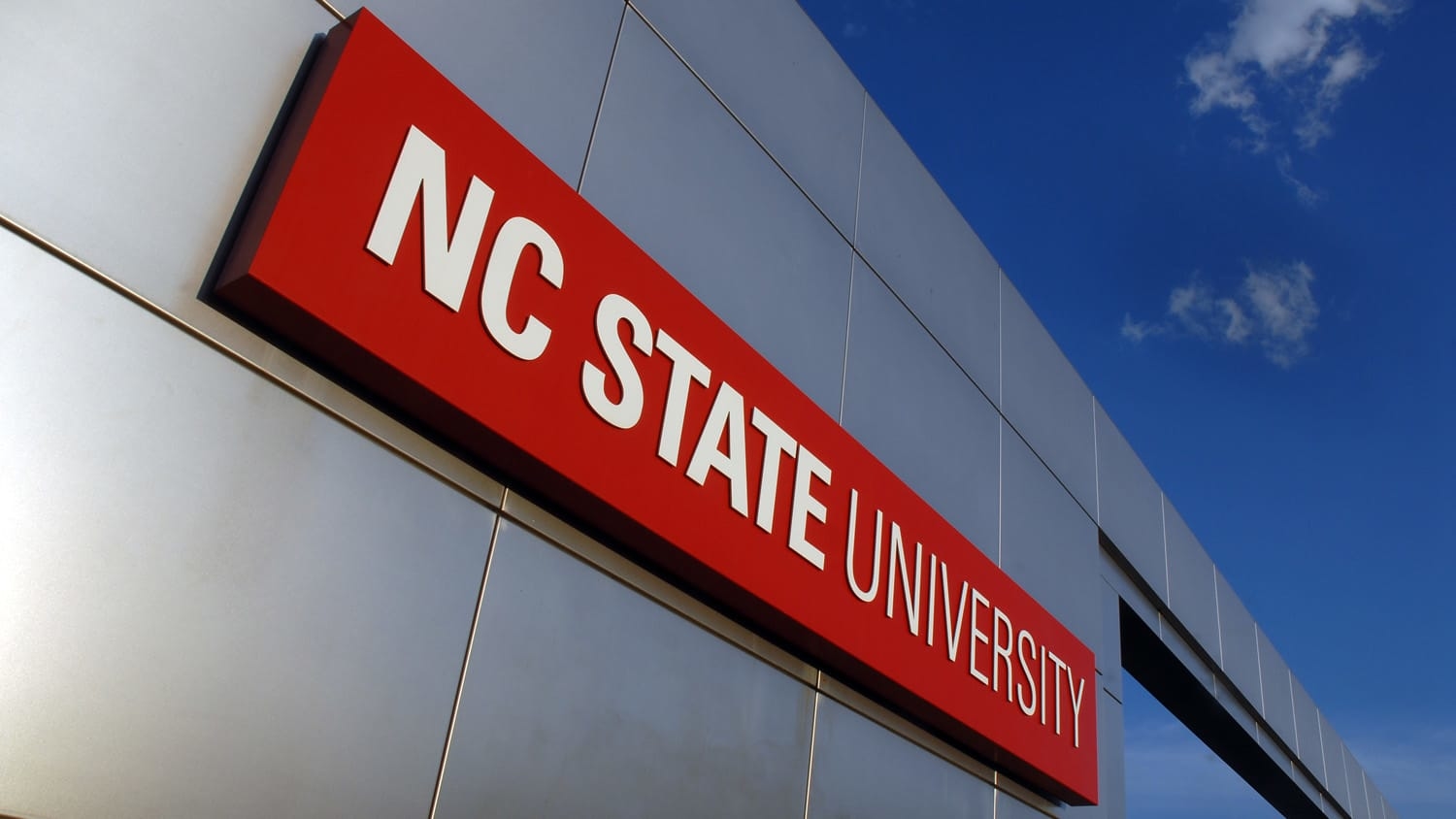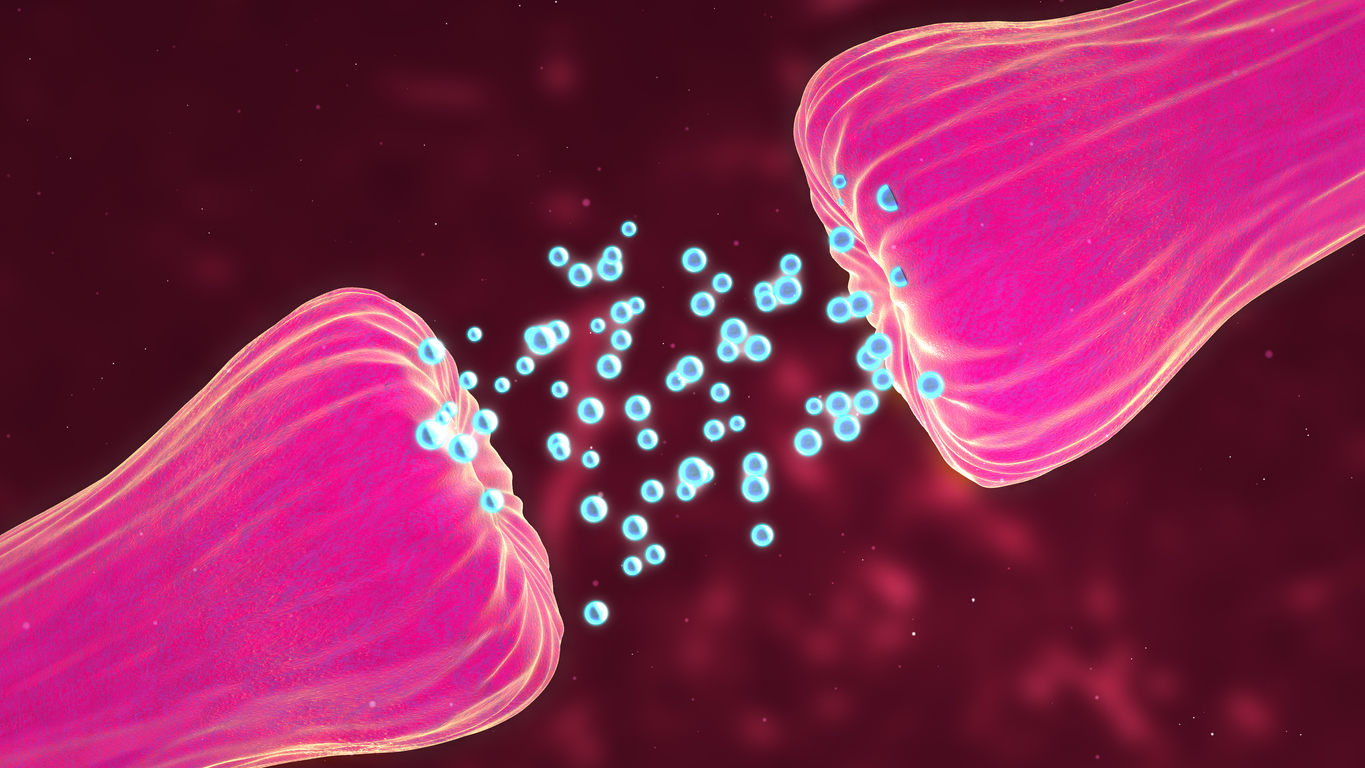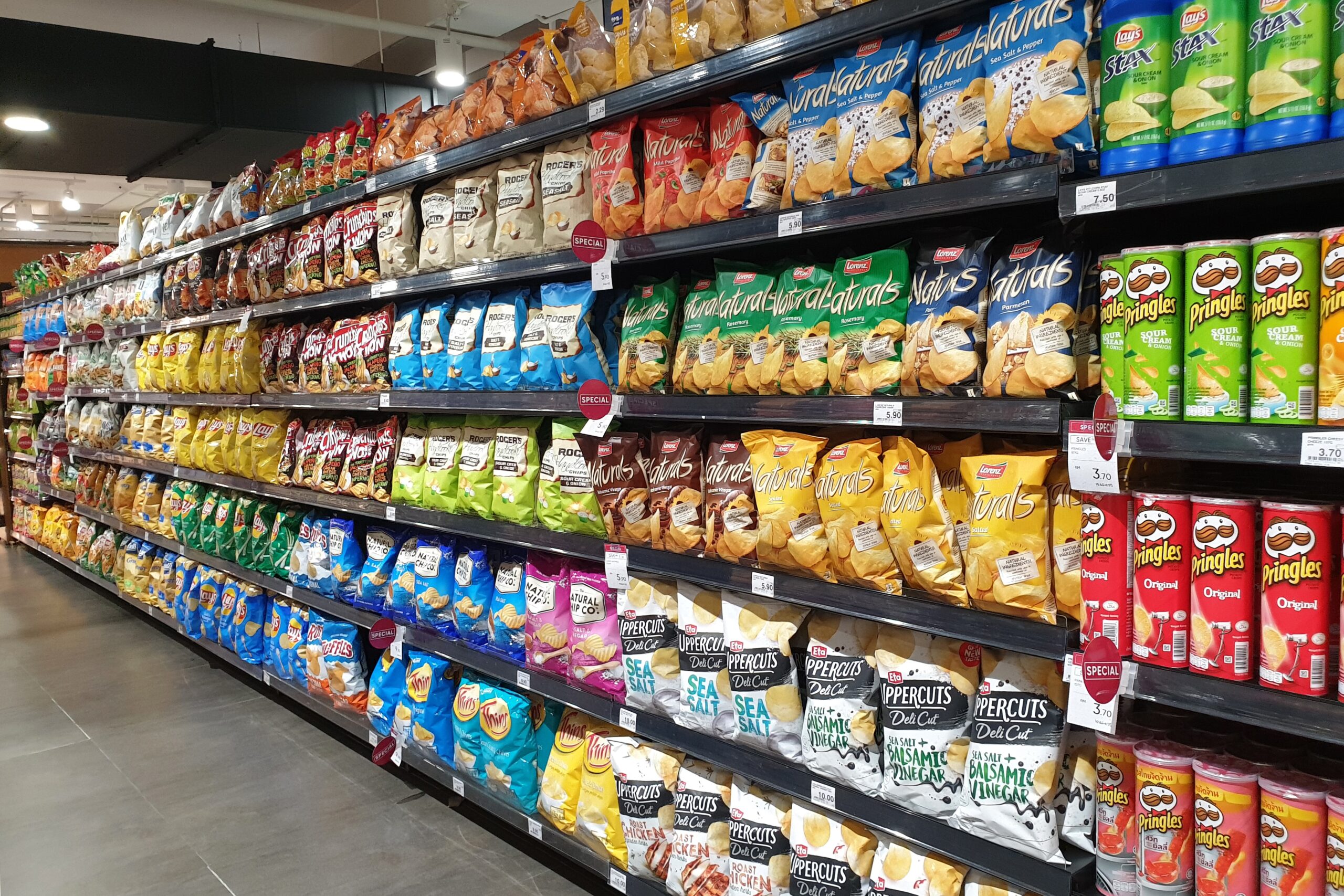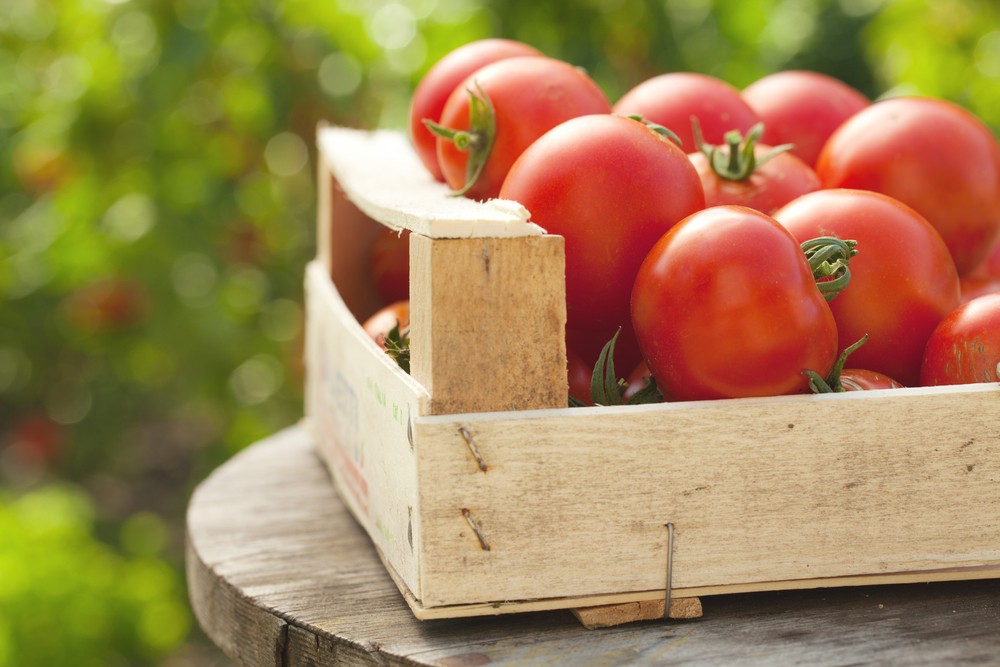According to a new study, replacing 20% of beef with microbial protein — a meat replacement made in fermentation tanks — could help cut deforestation by 2050. The market-ready meat alternative tastes and feels similar to beef, but it’s a biotech product that consumes significantly less land and emits far fewer greenhouse gases as a result of agricultural and land-use change.
According to the study, the desire for meaty bites would increase as the population expands. This is the first time that scientists have forecasted the future development of these ready-to-eat meat alternatives while also taking into account their environmental impact.
The food system accounts for one-third of worldwide greenhouse gas emissions, according to PIK researcher and study lead author Florian Humpenöder, with ruminant meat production accounting for the great majority of those emissions. This is owing to the clearing of additional carbon-dioxide-rich forests for cow grazing or feed production, and animal husbandry continues to produce greenhouse gases into the sky.
Existing biotechnology, such as nutrient-dense protein-rich biomass with a meat-like texture created by microbes such as fungal fermentation, could help. Microbial protein is a sort of biomass with a meaty texture and a lot of nutrients and protein.
In the future, replacing meat with microbial (fungi-based) protein could result in considerable reductions in greenhouse gas emissions from the food chain, asserts Humpenöder. Burgers produced with microbial protein instead of minced red meat are already gaining popularity.
Researchers from Germany and Sweden uncovered environmental effects at the system level rather than at the product level using a microbial protein in a computer simulation model. Their forecasts to the year 2050 included future population growth, food consumption, eating patterns, land use, and agricultural dynamics, among other things. More woods and non-forest natural vegetation may become extinct as meat consumption rises, making room for pastures and farmland.
In comparison to a business-as-usual scenario, substituting 20% of ruminant meat per capita by 2050 will cut yearly deforestation and CO2 emissions from land-use change in half. Methane emissions from cattle rumens and nitrous oxide emissions from fertiliser or waste management, as well as soil erosion, are reduced when livestock populations are reduced. Using fungi-based protein instead of minced red meat is the first step toward decreasing the harmful effects of present cattle production, according to the study.
Agricultural protein production varies from fungi-based protein production.
Plant-based alternatives to meat include soya burger patties and cultured meat, which is made from animal cells grown in a petri dish and was previously prohibitively expensive due to the high cost of animal cells. There’s also microbial protein created from fermentation (as used in this study). It is currently available in supermarkets in countries such as the United Kingdom and Switzerland in a variety of forms, and, more crucially, it can be manufactured in a way that is largely independent of agricultural production.
The findings reveal that fungi-based protein synthesis requires significantly less agricultural land to generate the same quantity of protein as ruminant meat production, even when sugar is utilised as a feedstock.
Microbial protein is made in specialised cultures, similar to how beer or bread is made. A high-protein product that tastes, feels, and is as healthy as red meat is developed. In the 1980s, it was made utilising a centuries-old fermenting technology. In 2002, the US Food and Drug Administration (FDA) declared a microbial protein meat replacement (mycoprotein) to be safe.
Renewable energy is used to fuel green biotechnology.
Biotechnology, according to co-author Alexander Popp of PIK’s Land Use Management division, presents an interesting toolkit for dealing with a wide range of land-related issues, from ecosystem conservation to food security.
Animal protein alternatives, particularly dairy substitutes, have the potential to improve animal welfare while conserving water and easing pressure on carbon-dense and biologically varied ecosystems. Transferring more output from animals to fermentation tanks, on the other hand, poses considerable problems, the most obvious of which being the manufacturing process’s energy supply.
A large-scale shift to biotech food demands a large-scale decarbonisation of electrical generation in order to fully leverage the climate protection potential of biotech food. If done right, microbial protein, on the other hand, can help meat consumers accept the change. It has the ability to make a huge difference.
Story Source: Original story written by Potsdam Institute for Climate Impact Research (PIK). Note: Content may be edited for style and length by Scible News.
Reference
Humpenöder, F., Bodirsky, B.L., Weindl, I. et al. Projected environmental benefits of replacing beef with microbial protein. Nature, 2022 DOI: 10.1038/s41586-022-04629-w


